Big Data Architect Masters Program
(4.7) 2800 ratings.

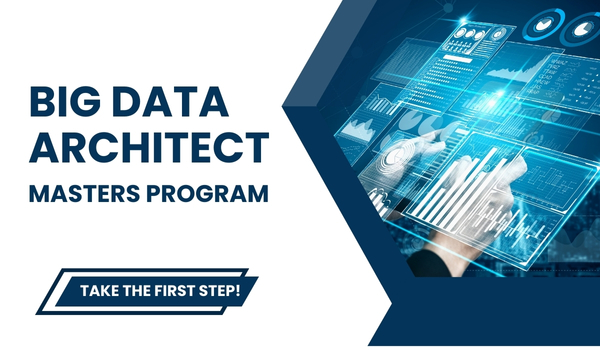
(4.7) 2800 ratings.


Next Batch Starts
Program Duration
Learning Format
GoLogica Academic's Master Program features a structured curriculum, paving the way to Global scope.
GoLogica having a 15+ years of experience on career transforming programs with industrial oriented Skills.
GoLogica Advanced Programs delivers cutting-edge AI Training, offering insights into the latest trends.
GoLogica emphasizes practical learning with exercises, projects to equip you with real world application.
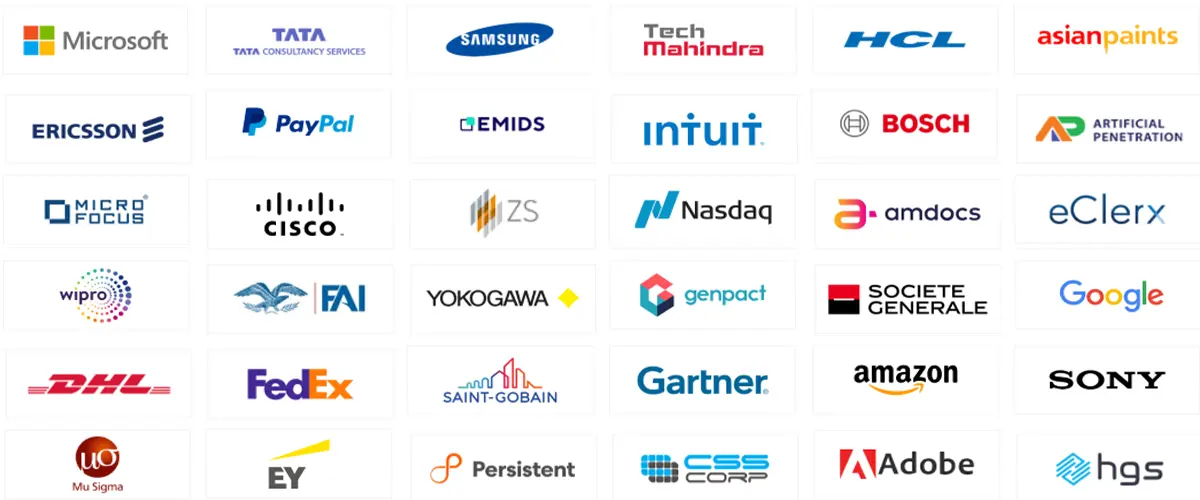
Big data architect masters program will help you become expert in systems and tools that the big data experts use. This course includes training several things such as Cassandra, Hadoop, Spark stack, Talend & Apache Kafka messaging system. Our masters program is designed by best industry experts with real-time hands-on project experience.
In this course, you will get the opportunity to work real-world projects in Hadoop Analysis, Hadoop Administration, Spark Python, Apache Storm, Hadoop Testing, and many more.
This course will help you get a comprehensive exposure of ETL and analytics by working on tools. Once you complete this course, you will get jobs in top companies. During this course, you will be working on several assignments, case studies, and real-world projects. This will help you develop your skills in Big Data and make a better career in this sector.
Our big data architect masters program will help you clear several certifications such as:
Key Highlights
The “Prologue to Big Data and Hadoop” is a perfect course bundle for people who need to comprehend the essential ideas of Big Data and Hadoop. On finishing this course, learners will have the capacity to translate what goes behind the preparing of immense volumes of information as the business changes over from exceeding expectations based investigation to continuous examination.
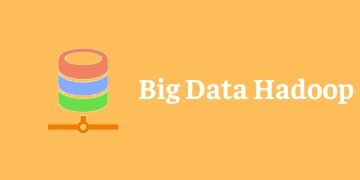
Gologica offers comprehensive Scala training courses that cover the language's fundamentals and advanced concepts like concurrency and distributed computing. Learn from our expert instructors and start building powerful and scalable applications.
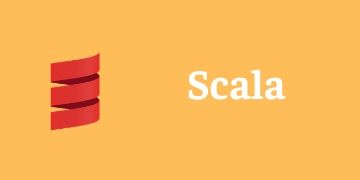
GoLogica designed Core Java Online Training for the advantage of understudies and working experts to proceed in their vocation with altered and very much organized Course Syllabus. To learn Core Java you should simply to enroll and go to a demo with live teacher drove instructional courses.
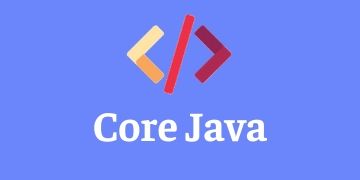
Kafka is an open-source stream processing platform.Kafka can be integrated with Spark, Storm and Hadoop. Learn about Architecture, setup Kafka Cluster, understand Kafka Stream APIs, and implement Twitter Streaming with Kafka, Flume, Hadoop and Storm.
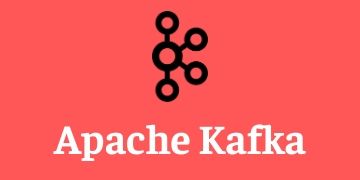
Talend Open Studio for Data Integration is an open Source ETL Tool, which means small companies or businesses can use this tool to perform Extract Transform and Load their data into Databases or any File Format (Talend supports many file formats and Database vendors).
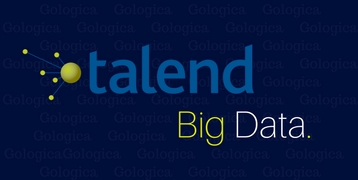
GoLogica training on Apache Cassandra learns Apache Cassandra fundamentals, distributed NoSQL database management system, architecture, Cap Theorem, and Gossip Protocol. Detailed explanations and real time projects and use cases enhance your skill set to accelerate your career on Cassandra.



This will help you to better understand the Big Data industry.
you will be able to grow your career by broadening your proficiency in Big Data Architect.
With this, the students will be able to decide their careers in the right way.
We Help with face-to-face interaction through mock interviews & Exams

Powered by
Paypal
Debit/Credit
UPI
GoLogica Big Data Architect Certification holds accreditation from major global companies worldwide. Upon completion of both theoretical and practical sessions, we offer certification to both freshers and corporate trainees. Our certification on Big Data Architect is recognized globally through GoLogica, significantly enhances the value of your resume, opening doors to prominent job positions within leading MNCs. Attainment of this certification is contingent upon the successful completion of our training program and practical projects.
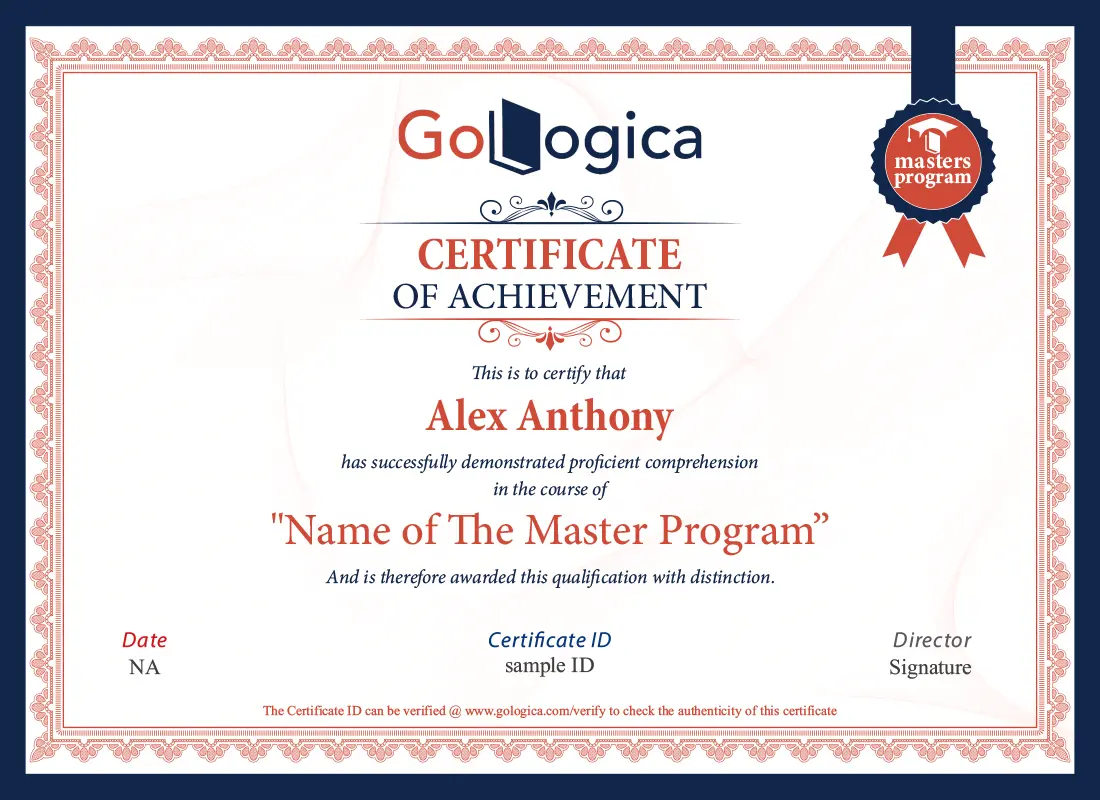
The U.S. Bureau of Labor Statistics forecasts a 15% increase in employment for Big Data Architect analysts from 2023 to 2030, significantly outpacing the average for all occupations. Additionally, Big Data Architect Ventures predicts 1.8 million unfilled Big Data Architect jobs worldwide by 2030.
According to the BLS, Big Data Architect professionals are well-compensated. The median annual wage for Big Data Architect Specialist was $60,000 to $150,000 PA. It’s depending on factors such as experience, location, and specific job responsibilities.
Are you preparing for a interview? If yes, our expert tutors will help you with this.
Big data professionals analyze several data sources and increase the company’s revenue. When it comes to Big Data Engineers, the primary role is to collect data from diverse resources & integrate those details to develop data from several resources. With this course, you will learn how to extract data from several sources with the help of advanced tools.
This Master’s program is curated after thorough recommendations and research from the top industry experts. With this, you will get real-world experience with the relevant platforms and tools. Also, will help you differentiate yourself with multi-platform fluency.
We provide you the relevant, high-value, relevant, and real-world projects in this course. Every training comes with several projects to test your practical knowledge, skills, and learning to make you industry-ready.
In this project, you will work on projects in several domains. It includes e-commerce, networking, insurance, technology, banking, and many more.
It is a structured learning path recommended by the top industry experts making sure that you have become a skilled Big Data Architect. This course will provide you with in-depth knowledge of the complete big data ecosystem.
At the same time, other individual course focuses on one or two specific skill
It is the final project, which consolidates all the learning of your Master’s program. In this, you have to know the business case and provide a solution to resolve the problems mentioned in the project.
Yes. This course is suitable for freshers. Having a basic understanding of SQL, distributed systems, Java, and data structure is an advantage.
Our Big Data Architect Master’s program is a combination of self-paced and industry-led. With this program, the students can learn skills at their own pace. Also, will get guidance from the top industry experts.

178 learners (4.9) 6 Months View Program
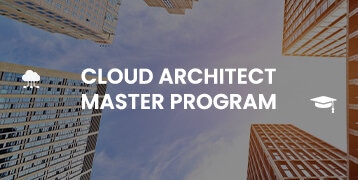
263 learners (4.8) 6 Months View Program

189 learners (4.9) 6 Months View Program
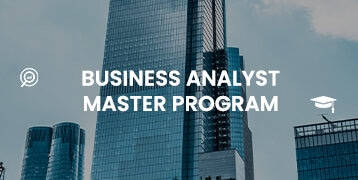
154 learners (4.1) 6 Months View Program